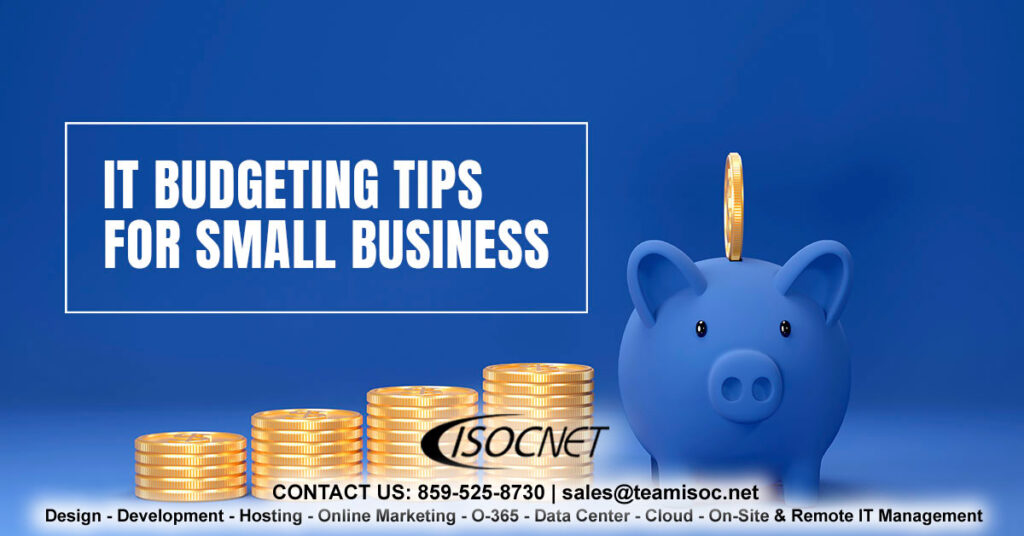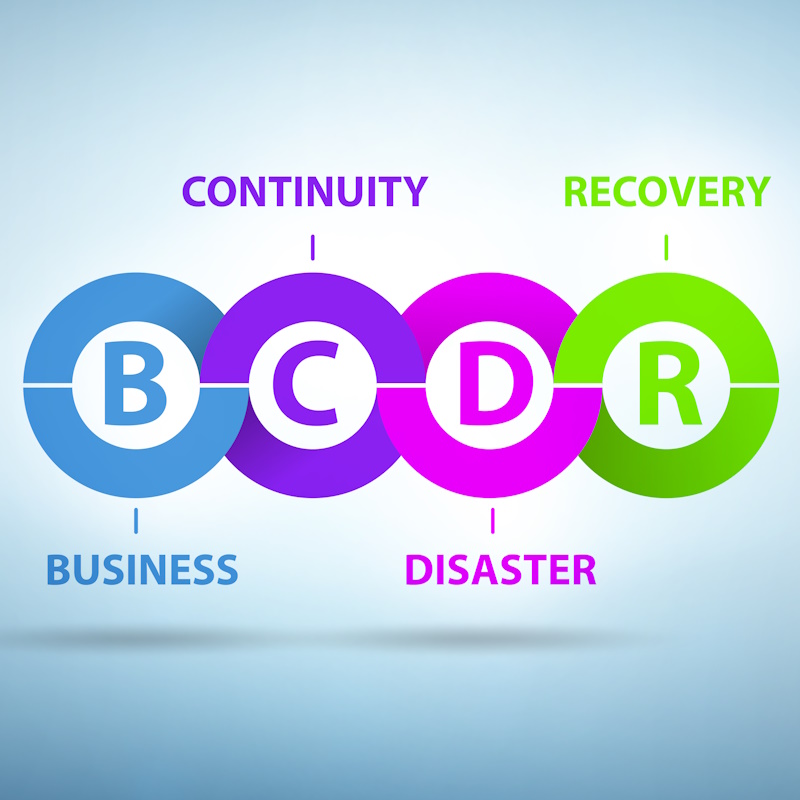Recent Posts
Categories

There are some simple steps and best practices you can follow when creating your IT Budget. First, what factors should be considered when creating an IT Budget?
Current Infrastructure
Take inventory and understand your current infrastructure. Know what works and what doesn’t work well for your company. Identify the pain points, such as slow Internet or a poorly designed application. Know the technologies you use and don’t use. This will help you better budget for your IT.
Business Requirements
Every business has different requirements. Organizational Size, applications used, and growth plans can all have an effect on the IT budget. Think of what your business needs and what it will need as you meet your upcoming goals.
Long-Term Vision
Consider the long-term vision of the company? Where do you intend to be in a 1-year, 3-years, 5-years? What technology will you use to support the business in those time frames? The cost may be different when think what will support your long-term versus short term. Buying technology that doesn’t grow with you is a waste of money.
Follow these Best Practices when creating your IT Budget.
Align IT with your Business Goals.
Be purposeful and thoughtful about your IT Budget. Make sure you are aligning your IT with your business goals. Don’t make investments just to follow the latest technology trend. Consider how it will help support your business goals and growth, along with user adoption.
Talk to your Team
Talk to your team who are using the technology to get their input on how your IT is being used, how it is working, and what their insights are. You might be surprised. This valuable input can help with your IT budgeting and planning.
Focus on Outcomes
It can be easy to focus on what you need. Such as what equipment is required to support an application. Focusing on outcomes will allow you to consider a wider range of solutions that you might need. This will also allow you to consider alternatives that will give you the best possible outcome.
Plan for Disasters
If you plan for disasters and set a budget aside, you will be more resilient in the face of chaos. Keep in mind, things can go wrong. While you can’t plan for everything, like no one had planned for the world of COVID. By planning for disasters and budgeting for how you will continue your business will put you in a better place to survive and even thrive.



